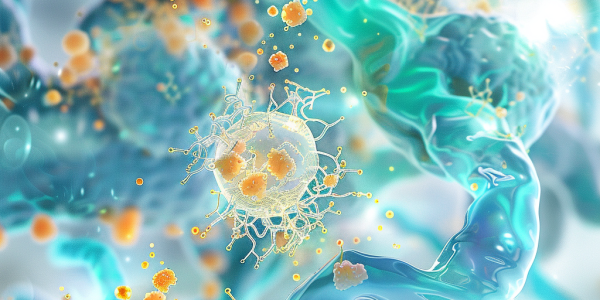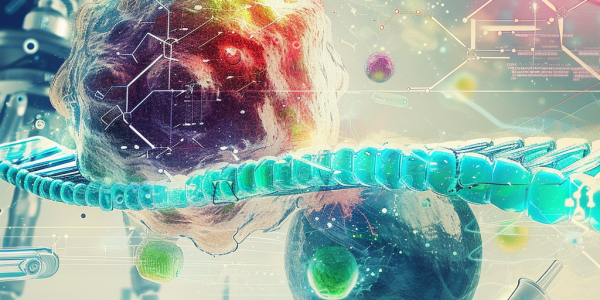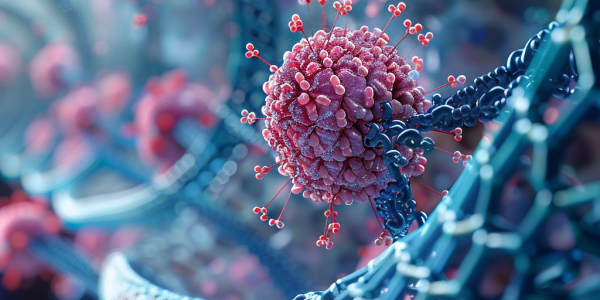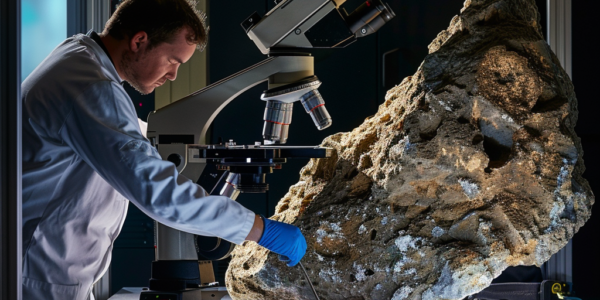Japanese Researchers Develop Innovative Reporter Protein to Study Protein Biogenesis
Researchers in Japan have developed a groundbreaking reporter protein to study protein biogenesis at the endoplasmic reticulum (ER). This innovative technique enables real-time monitoring of secretory protein production, crucial for understanding diseases linked to protein misfolding and ER stress. By targeting the ER with a modified firefly luciferase, scientists can visualize protein behavior and investigate the impacts of inhibiting key enzymes like Ero1α. This advancement promises to enhance diagnostic tools and therapeutic strategies for various health conditions.
New Insights into RNA and Amino Acid Chirality Challenge Theories of Life’s Origins
Recent NASA research reveals new insights into the role of RNA and chirality in the origins of life on Earth. This study challenges the traditional view of left-handed amino acids’ dominance, suggesting a more complex relationship between RNA and amino acid chirality. Understanding these findings could reshape our knowledge of biochemical processes and the evolution of life, while also raising questions about the potential for extraterrestrial life forms.
New Research Highlights High Protein Quality of Pork Products
Recent research highlights the protein quality of pork products using the Digestible Indispensable Amino Acid Score (DIAAS) method. Findings show that most pork cuts, hams, and sausages have excellent digestibility, making them a high-quality protein source, particularly beneficial for children and individuals of all ages. This study emphasizes the importance of pork in balanced diets to support growth and development.
Study Reveals How Protein Synthesis Errors Drive Tumor Growth
A groundbreaking study from the Indian Institute of Science reveals how errors in protein synthesis, specifically mRNA readthrough, can significantly impact tumor growth. Led by Associate Professor Sandeep Eswarappa, the research highlights the role of the FEM1B gene in regulating the cell cycle and its implications for cancer treatment. By utilizing CRISPR technology, the team demonstrated that targeting mRNA sequences may offer new therapeutic avenues to combat uncontrolled cell proliferation in cancer.
Innovative Nanocage System for Sustainable Cancer Drug Delivery Developed by Researchers
Researchers have developed an innovative nanocage system for sustainable cancer drug delivery, utilizing proline and metals like palladium to target tumors while minimizing side effects. This novel method could revolutionize drug delivery by offering a more precise and adaptable approach compared to traditional methods, potentially replacing faulty enzymes in the body and reducing inflammation levels.
Top 10 Plant-Based Protein Sources
Discover the top 10 plant-based protein sources that are not only rich in essential amino acids for muscle growth and overall health but also have a lower saturated fat content and reduced environmental impact. From soy chunks to chickpeas, these nutrient-dense options provide a variety of protein-rich choices for plant-based eaters.
Groundbreaking Discovery of Ancient Amino Acids in Dinosaur Eggshell Fossils Sparks New Excitement in Paleobiology
Groundbreaking study reveals ancient amino acids in titanosaur eggshell, sparking new potential for understanding ancient life. Dr. Kirsty Penkman expresses elation at the unexpected discovery, opening new avenues for scientific inquiry and offering valuable insights into the preservation of organic material.
Groundbreaking Discovery in Winchcombe Meteorite
Scientists have made a groundbreaking discovery in the Winchcombe meteorite, identifying key nitrogen compounds, including amino acids and hydrocarbons, without chemical treatments, using a novel detector design. This finding is significant for research into life’s origins on Earth and has been facilitated by a high-resolution electron microscope at the SuperSTEM laboratory. The research team, in collaboration with British colleagues, has demonstrated, with a high degree of precision, the existence of important nitrogen compounds in the meteorite, including amino acids and heterocyclic hydrocarbons, without applying any chemical treatment, using a new type of detector design. The results of this study have been published in the journal Nature Communications.








